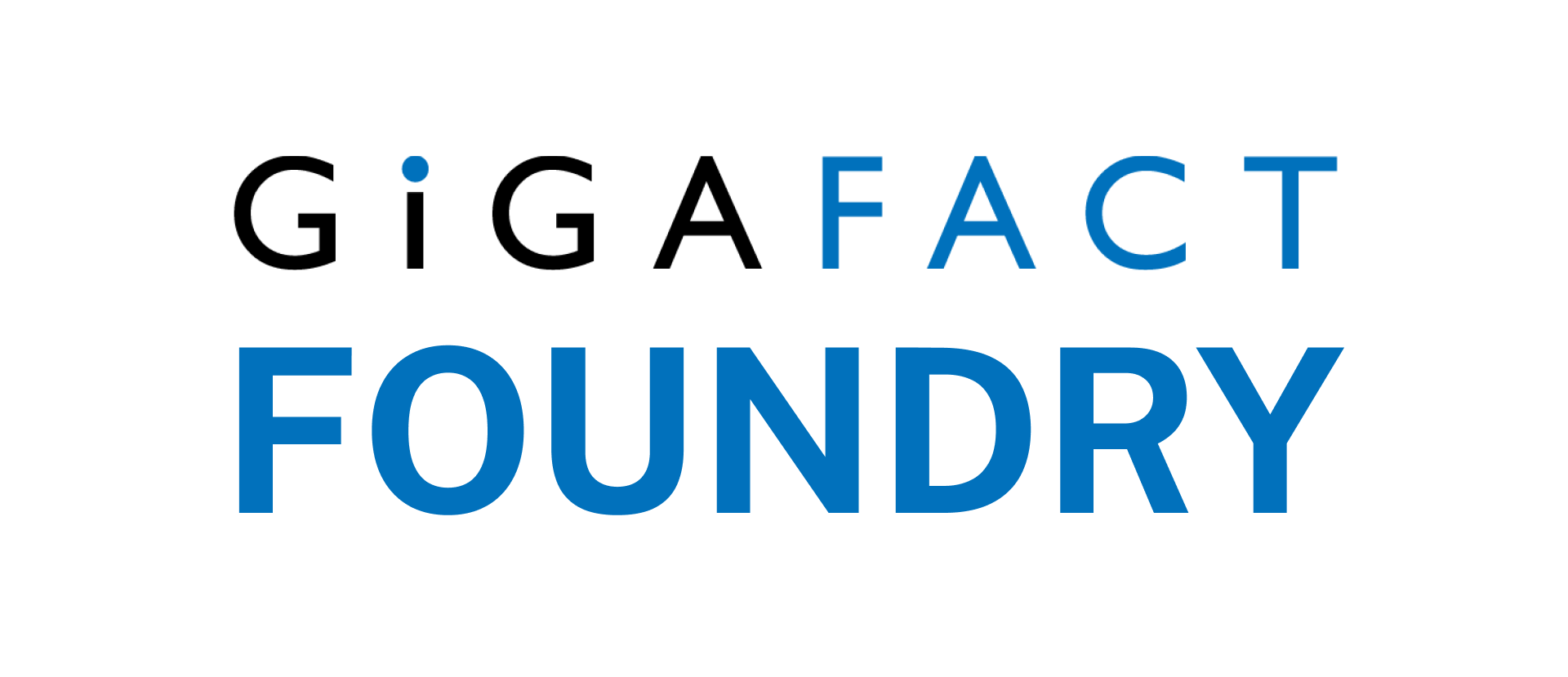Wednesday, Oct. 21, 2020
Have law enforcement agencies warned that hackers could threaten the integrity of the US election?
In September 2020, the Federal Bureau of Investigation and the Cybersecurity and Infrastructure Security Agency warned that hackers, including foreign actors, could spread false information about voter suppression, ballot fraud or other problems "in an attempt to discredit the electoral process and undermine confidence in U.S. democratic institutions."
Ransomware, a malicious software, could also be used by nation-states and criminal networks to disrupt election systems like voter-registration databases. The U.S. military and Microsoft took recent action against TrickBot, a ransomware distributor that has infected over a million computing devices since 2016.
In October 2020, CISA and the FBI released an alert about malicious cyber activity that in some instances "resulted in unauthorized access to elections support systems." They had no evidence that election data was compromised.
This fact brief is responsive to conversations such as this one.
Sources
- Internet Crime Complaint Center: Foreign actors and cybercriminals likely to spread disinformation regarding 2020 election results
- MIT Technology Review: How officials are protecting the election from ransomware hackers
- Cyberscoop: Cyber Command, Microsoft take action against TrickBot botnet before Election Day
- Microsoft: New action to combat ransomware ahead of US elections
- CISA: Alert—actors chaining vulnerabilities against government networks, infrastructure and elections
About fact briefs
Fact briefs are bite-sized, well-sourced explanations that offer clear "yes" or "no" answers to questions, confusions, and unsupported claims circulating online. They rely on publicly available data and documents, often from the original source. Fact briefs are written and published by newsrooms in the Gigafact network.
See all fact briefs
Between 2020 and 2022, under close editorial supervision, Gigafact contracted a group of freelance writers and editors to test the concepts for fact briefs and provide inputs to our software development process. We call this effort Gigafact Foundry. Over the course of these two years, Gigafact Foundry writers published over 1500 fact briefs in response to claims they found online. Their important work forms the basis of Gigafact formats and editorial guidelines, and is available to the public on Gigafact.org. Readers should be aware that while there is still a lot of relevant information to be found, not all fact briefs produced by Gigafact Foundry reflect Gigafact's current methods and standards for fact briefs. If you come across any that you feel are out of date and need to be looked at with fresh eyes, don't hesitate to contact us at support@gigafact.org.
Learn MoreLatest Fact Briefs
Is there a scientific consensus that life begins at conception?
Thursday, Aug. 4, 2022
Do countries around the world subsidize fossil fuels?
Wednesday, Aug. 3, 2022
Is the repeal of Roe v. Wade expected to increase the maternal death rate?
Wednesday, Jul. 27, 2022
